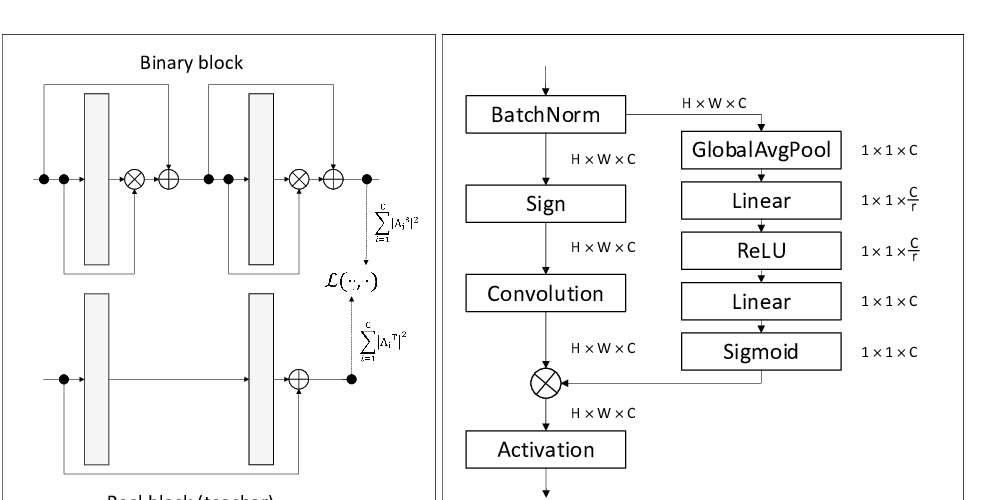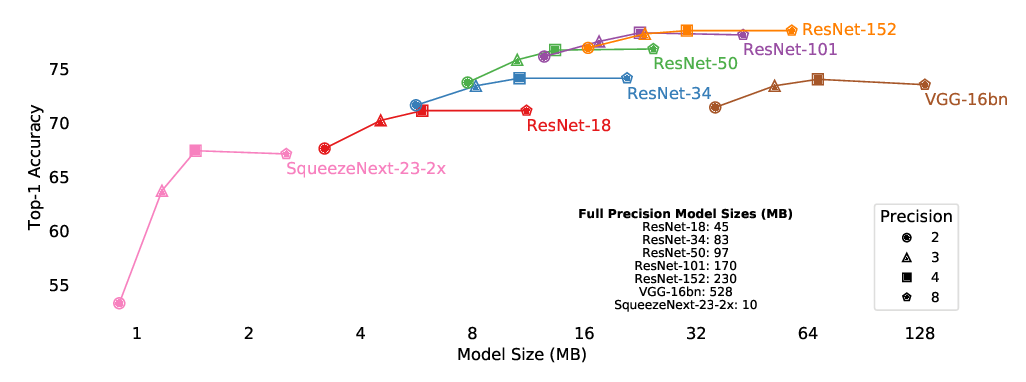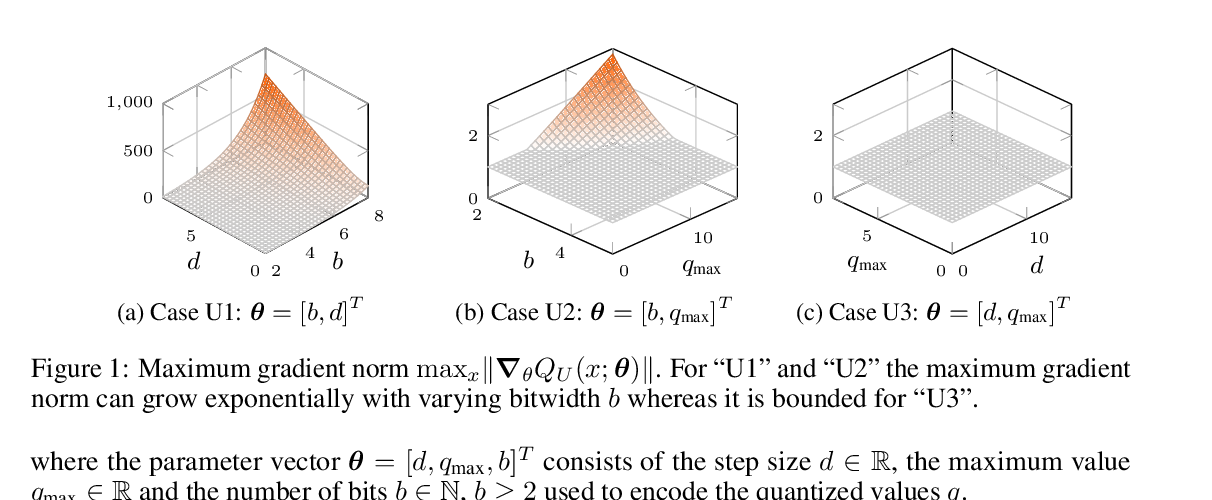Abstract:
Binary Neural Networks (BNNs) have been garnering interest thanks to their compute cost reduction and memory savings. However, BNNs suffer from performance degradation mainly due to the gradient mismatch caused by binarizing activations. Previous works tried to address the gradient mismatch problem by reducing the discrepancy between activation functions used at forward pass and its differentiable approximation used at backward pass, which is an indirect measure. In this work, we use the gradient of smoothed loss function to better estimate the gradient mismatch in quantized neural network. Analysis using the gradient mismatch estimator indicates that using higher precision for activation is more effective than modifying the differentiable approximation of activation function. Based on the observation, we propose a new training scheme for binary activation networks called BinaryDuo in which two binary activations are coupled into a ternary activation during training. Experimental results show that BinaryDuo outperforms state-of-the-art BNNs on various benchmarks with the same amount of parameters and computing cost.



